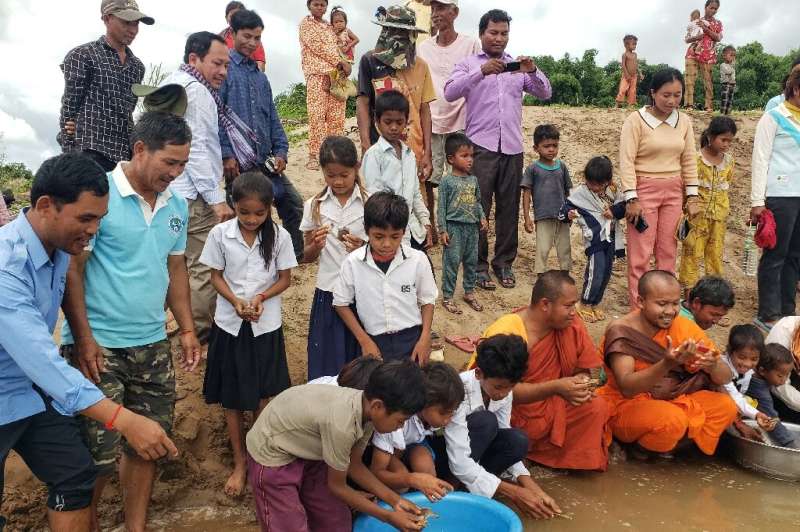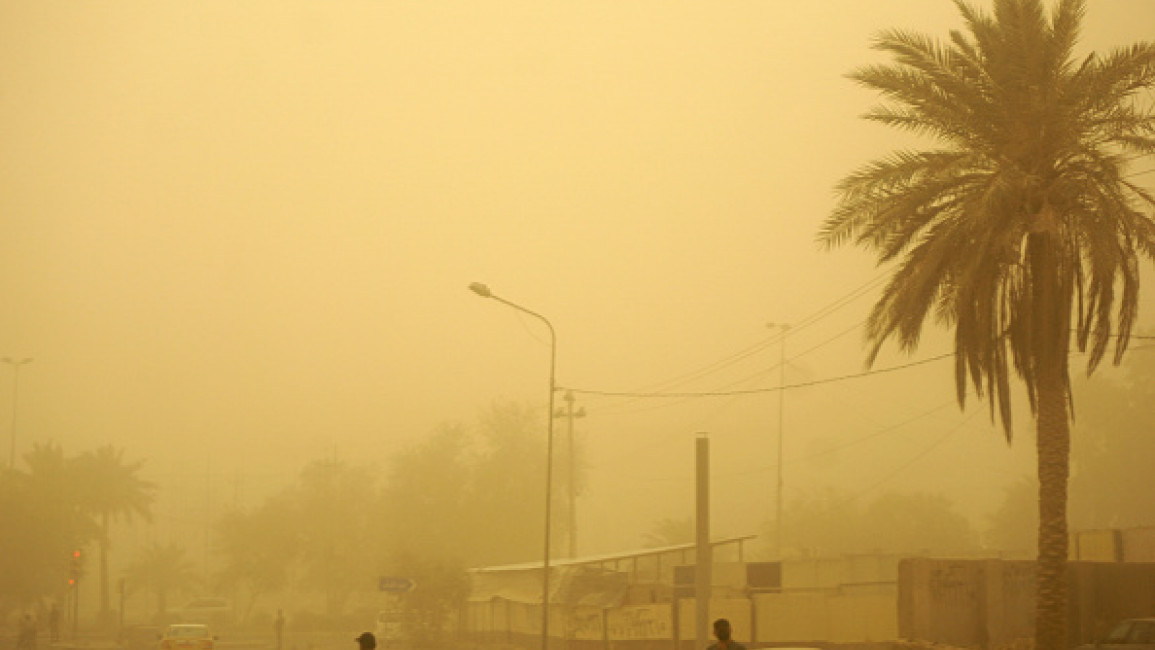A worryingly high prevalence of "sextortion" within the sport sector has been highlighted in Transparency International's latest report.
A survey of German athletes, one of four countries alongside Romania, Mexico and Zimbabwe focused on by the corruption watchdog, saw slightly more than one in three report they had experienced at least one situation of sexual violence in organized sport.
While recent high-profile cases in sports such as gymnastics and football have underlined the extent of sexual abuse, the issue remains largely under-reported within the industry.
Sextortion — defined as the abuse of power to obtain a sexual benefit, a form of both sexual abuse and corruption — is yet to be widely recognized.
Power dynamics
"What I found striking is the sports sector provides all the conditions needed to be met to perpetuate this issue of sextortion," Marie Chene, Head of Research at Transparency International, told DW.
"The power differentials are huge, there are a lot of children in vulnerable positions, coach and athlete relationships that are very close, emotional and physical because of the nature of sport.
"The relationship has the power to make or break your career in some cases and there is a general governance environment which is very weak. It creates an explosive environment."

Simone Biles was one of a number of US Gymnastics athletes who spoke up about sexual abuse
Due to the relatively new defintion of sextortion, the report relied upon statistics compiled on sexual abuse within sport, which was found to be rife across all sporting disciplines around the globe.
Nevertheless, a key component behind TI's decision to investigate sextortion within the sporting industry was the belief that the sector holds the power to provide a basis of real change.
"We consider the sport sector to have a key role to play in shaping values," Chene explained. "In principle sport is about social justice, it's about fair play and merit.
"If sexual abuse, which is one of the two components of sextortion, is happening in sport it undermines the mission that the sector has. Sport is very visible and if we want to make this issue visible, and have sextortion recognized as a form of corruption, we felt the sport sector could be a good vehicle for that."
Although many of the cases from which statistics were drawn showed both genders were affected by sextortion, the report confirmed that studies consistently proved the perpetrators of sexual abuse to be overwhelmingly men.
Gender disparity
The proportion of male abusers ranged from 96%-100% across various studies. TI criticized what it termed a "hyper-masculine culture." This, coupled with a lack of gender equality for female athletes in terms of pay and visibility, and few women in organizational positions of power, only further propagates the issue.
"Women's sports is not valued as much as men's sport," Chene added. "There is a huge gender pay gap, very little representation of women athletes and women in leadership and governance roles.
"There is this 'old boys network' where old men stay in positions of power for decades have no incentive to change the status quo, so the system perpetuates itself."
Sylvia Schenk, Chair of the Working Group on Sport at Transparency International Germany, explained in a statement: "From China's Peng Shuai whose alleged assault by a senior government official was covered up, to the US' Kylie McKenzie, who no longer has a chance to compete after facing long-term harassment and abuse from her association-assigned coach — far too many have faced the consequences of a sexist and exploitative system."

The case of Peng Shuai drew international attention
Attempts to change have lacked true oversight with the German Olympic Sports Confederation's (DOSB) adoption of the Munich Declaration for the Protection against Sexualized Violence in Sport in 2010 falling flat.
The declaration's 15 measures include the prevention of sexual violence as a mandatory topic in sport qualifications and the adoption of a code of ethics.
Nine years later, a study showed that fewer than half of the national sport federations included the prevention of sexual abuse in their statutes.
Prevention paramount
It forced the DOSB to introduce a policy which has made public funding for the federations conditional on the adoption of prevention measures.
Equally, inadequate reporting systems for sports organizations also continue to further hamper progress in addressing and preventing sexual abuse.
"To stop enabling abuse, sports organizations and governments must act," Schenk continued in a statement.
"The first line of defence is to prevent abuse before it happens with a transparent culture, strong prevention frameworks, including education on sextortion and other sexual abuse as well as the broader ramifications of sexism.
Act fast
The report included a series of recommendations, and for the first time in relation to sextortion TI put particular emphasis on prevention.
Although many are long-term suggestions, Chene reiterated the urgent need for change to begin swiftly.
"During our research we have heard so many horror stories, so many dreams smashed," she said. "It's not just about the sexual abuse, it also about how reports of the sexual abuse are being received and survivors are being shut up."
Chene added in a statement: "It is time to change the culture of silence and impunity for all forms of abuse in sport.
"Sports organizations, governments and civil society must take abuse seriously and act now to stop sextortion."
Edited by: Matt Pearson



























